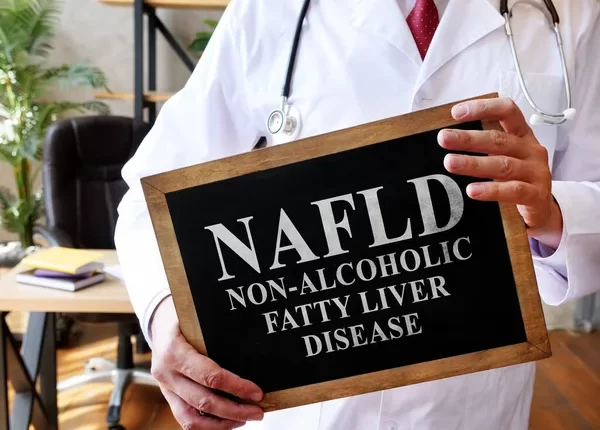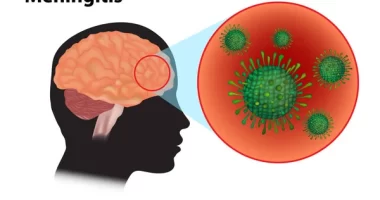The relationship between non-alcoholic fatty liver disease (NAFLD) and fish and meat consumption is complex, with no definitive answer yet.
Non-alcoholic fatty liver disease (NAFLD), a build-up of fat in the liver not caused by alcohol, is a growing global concern. With an estimated 25% prevalence, it’s the most common chronic liver disease and linked to increased risks of cardiovascular disease, diabetes, and even cancer.
A recent study published in BMC Public Health investigated the relationship between different types of meat and fish consumption and NAFLD risk in older and middle-aged Chinese adults. This is significant because China has a much higher average meat consumption than the recommended daily intake, and previous research on meat and fish in relation to NAFLD has been inconsistent.
Here’s a breakdown of what we know:
Potential links:
- Fatty fish: Recent research suggests a potential association between high consumption (≥3 servings per week) of fatty fish like mackerel and salmon and increased NAFLD risk. This may be due to certain fatty acids or other components in these fish.
- Processed meat: Studies suggest a positive association between processed meat intake and NAFLD risk. This may be related to the high saturated fat and sodium content of processed meats.
- Red meat: The evidence regarding red meat and NAFLD is mixed. Some studies show a link, while others don’t. More research is needed to clarify the relationship.
Key Findings:
- The study analyzed data from nearly 2,000 participants, finding an NAFLD prevalence of 37.22%.
- Individuals with NAFLD consumed more aquatic/seafood and fatty fish compared to those without the disease.
- Surprisingly, consuming three or more servings of fatty fish per week was associated with a significantly higher NAFLD risk, even after adjusting for factors like age, sex, and lifestyle habits.
- Other types of meat and fish, including red meat, poultry, and processed meat, did not show significant associations with NAFLD.
- The study also suggests indirect effects: sea/aquatic foods may protect against NAFLD through its positive impact on HDL cholesterol and blood pressure, while processed meat may increase risk through factors like weight gain and blood sugar levels.
Important points to remember:
- These findings are observational, meaning they cannot establish cause and effect. Other factors, like genetics and overall diet, play a significant role in NAFLD development.
- Moderation is key. Even healthy foods like fish can be consumed in excess, potentially contributing to NAFLD risk.
- Overall dietary patterns are crucial. Focusing on a balanced, nutrient-rich diet, including whole grains, fruits, vegetables, and healthy fats, is essential for NAFLD prevention.
Recommendations:
- If you’re concerned about NAFLD risk, talk to your doctor about a personalized dietary plan.
- Focus on consuming a variety of nutrient-rich foods and limit processed foods, red meat, and excessive fatty fish intake.
- Maintain a healthy weight and engage in regular physical activity.
Remember, NAFLD is a complex disease with multiple contributing factors. While fish and meat might play a role in some cases, focusing on overall dietary patterns and lifestyle choices is crucial for both prevention and management.
Continue to check our website soundhealthandlastingwealth.com for more articles of this kind. And, please use our comment section as well, we would love to hear from you.









